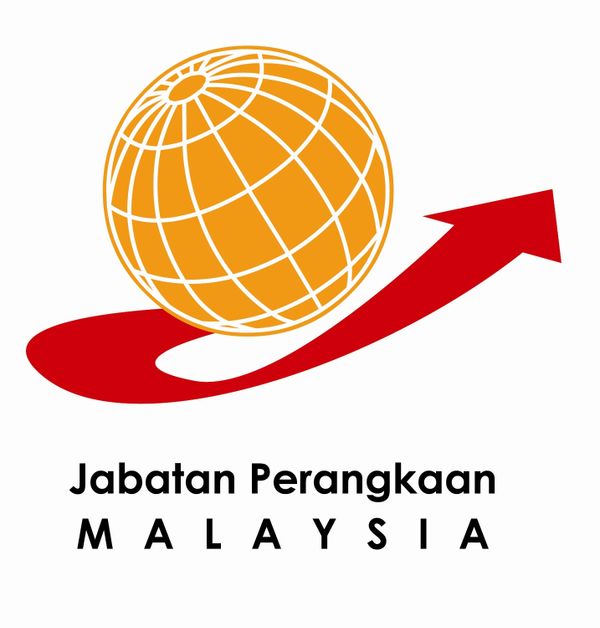PUTRAJAYA, April 25 —Malaysia has once again earned the trust of the international community by being re-elected as a member of the Governing Council of the Statistical Institute for Asia and the Pacific (GC SIAP) for the term 2025-2027.
The election took place during the 81st session of the United Nations Economic and Social Commission for Asia and the Pacific (ESCAP) in Bangkok, Thailand, which comprises 53 countries from the Asia-Pacific region.
Chief Statistician Datuk Seri Mohd Uzir Mahidin said this re-election marks Malaysia’s second consecutive term on the Governing Council, following its 2023–2025 tenure.
The country received overwhelming support and a significant number of votes from member countries across Asia and the Pacific region.
“Malaysia’s re-election to the SIAP Governing Council reflects the international community’s continued recognition of and confidence in the country’s commitment and significant contributions to strengthening the statistical ecosystem at both regional and global levels, particularly through the leadership of the Department of Statistics Malaysia (DOSM).
“It also presents a strategic opportunity for Malaysia to further expand its collaborative networks, enhance statistical capacity building, and actively contribute to regional and international statistical agendas,” he said.
Alongside Malaysia, seven other countries — China, India, Mongolia, the Philippines, South Korea, Thailand, and Pakistan — secured majority votes to fill the eight contested seats.
Uzir added that Malaysia’s reappointment to the GC SIAP this year is also highly aligned with the country’s role as the Asean chair for 2025, which carries the theme ‘Inclusivity and Sustainability’.
Active participation in SIAP will further strengthen Malaysia's role in advocating for inclusive statistics, driving data-based policies, and supporting sustainable development at the regional level.
He emphasised that Malaysia will continue to play an active role in strengthening statistical systems at both national and regional levels, supporting data-driven policies, modernising statistics through digital transformation, big data and artificial intelligence, alongside advancing the development of skilled human capital via the Malaysia Statistical Training Institute.
“Malaysia is committed to continuing close cooperation with all council members in strengthening inclusive and sustainable statistical development, aligned with the Sustainable Development Goals, enhancing data governance and expanding strategic international collaboration through various SIAP initiatives,” Uzir said.
SIAP was established in 1970 and was later recognised as a regional institution under the auspices of ESCAP in 1995.
Based in Chiba, Japan, SIAP serves as a professional statistical training centre for government officials from developing countries, focusing on strengthening human resource capacity-building through the provision of technical and practical training throughout Asia and the Pacific.
— Bernama




